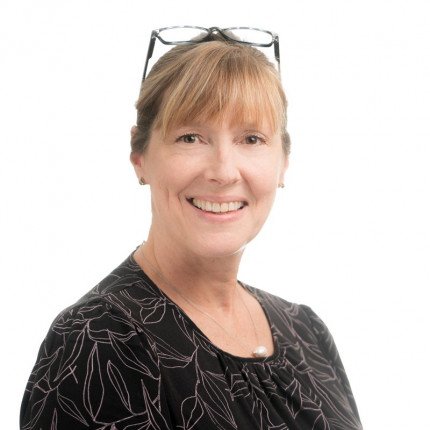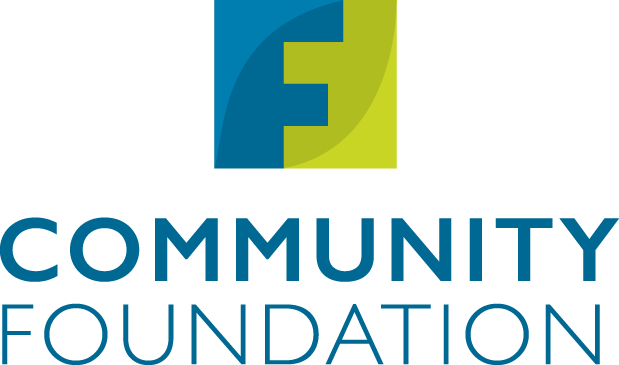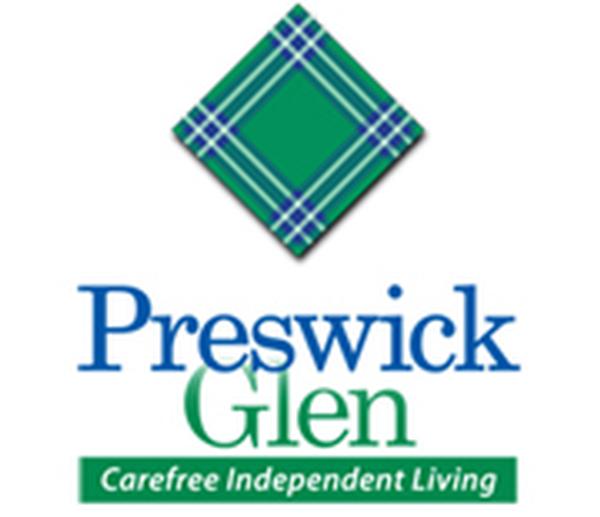Welcome Home To Utica!
We are so glad you are here. You have come to a city where we not only welcome all newcomers with open arms, but also provide the resources you need to live and work successfully in the Mohawk Valley region. We are here to help the whole community. We are experts in helping people resettle, no matter who you are or where you come from. Our goal is to assist you throughout the integration process by offering products and services that enable us to build community with many cultures together.
-
40+languagesavailable for interpretation & translation through divisions of The Center.
-
800+New Citizenswelcomed each year at local naturalization ceremonies.
-
35+Years IncorporatedThe Center was founded in 1981, the year after the 1980 Refugee Act.
UTICA LOVES REFUGEES
Utica is a city of migration. We love our nickname (The Town That Loves Refugees) and our diverse community. For over 200 years, Utica has attracted immigrants and refugees to the Mohawk Valley region. Bosnian, Italian, Irish, German, Polish, Russian, Arab, and South East Asian populations are among the immigrant communities who have settled in Utica. We cannot wait to see what the next 200 years will bring to our amazing city!
FAQs
-
Why did we choose Utica as our home?
Utica is a City of Migration. For over 200 years, Utica, New York — a city of 60,000 — has attracted immigrants and refugees. The immigrant communities that had settled in the city included Italian, Irish, German, Polish, and Arab populations. In 1910, the foreign-born population of Utica constituted 28.6% of the city's population, but by 1990 it had declined to 5.4%. Utica experienced a sharp population decline from 100,410 in 1960 to 60,651 in 2000.
The Center grew out of the inspiration of Roberta Douglas, whose concern for Amerasian children led her to work with refugees. Her efforts began with the resettlement of a single Vietnamese man through Catholic Charities in Syracuse. With the assistance of Roberta’s husband, a group of local clergy, the Superintendent of Utica Schools, the Oneida County Executive, and Lutheran Immigration and Refugee Service, The Center was officially established in 1979 and incorporated in 1981 under the name Mohawk Valley Resource Center for Refugees with Roberta Douglas as the first Executive Director.
There are many refugees and immigrants that also move to Utica because they hear about how welcoming the city is and what great services are available here. Living is also affordable and the environment is great for raising families. -
Why did The Center change its name?
The Center originally provided the core services of reception and placement as defined under the U.S. Refugee Admissions program (see Refugee Resettlement for more information). Our employment department and English classes have always been a core service because of their essential tie to Refugee Resettlement.
As The Center assisted more people with starting their new life in the U.S., we began to respond to community needs and add programs. Our Immigration and Citizenship, Interpretation, Translation, and Cultural Competency programs were all in response to feedback we received from partners regarding the support they needed to successfully help refugees adjust to life in Utica.
Other programs, such as Traffic Safety, Health Access, and Community Education, were added as we saw gaps in what our clients needed to be successful. As we added programs, our ability to service immigrants and then community members at large expanded. With our new Welcome and Opportunity Center we feel like an agency that is building community with many cultures for everyone, not just refugees, but each person who needs a welcome place that will help them.
-
Who are refugees and how do they come to the United States?
As defined by Article 1 of the 1951 Refugee Convention, a refugee is “a person owing to a well-founded fear of being persecuted for reasons of race, religion, nationality, membership of a particular social group or political opinion, is outside the country of his nationality and is unable or, owing to such fear, is unwilling to avail himself of the protection of that country.”
Refugees must first register overseas with the United Nations High Commissioner for Refugees. The average time a refugee is displaced from their home country is 15 years. For some refugees, they are born and raised in refugee camps. Having the opportunity to resettle to a third country is like winning the lottery. Less than 1% of the more than 20 million refugees globally will ever have this opportunity. Once registered, if a country offers permanent resettlement a refugee must apply to be considered for third country resettlement. This process can take three or more years. To learn more, please watch the videos on our Resettlement page.
-
What can The Center do for me?
We’re happy you asked! We have many services available for refugees, immigrants, any newcomers, and any non-native English-speaking residents of the Mohawk Valley region.
We have great relationships with many of the local government and nonprofit agencies. If we cannot help you directly, we can connect you with the right service. Please visit our Services page to learn more or contact us to see if we can assist with your needs.
-
Does The Center need volunteers?
Yes! Please visit our Careers page to learn more about how you can volunteer. We need volunteers in a number of areas, including refugee resettlement, tutoring English, assisting with citizenship test preparation, and administrative assistance.
-
Does The Center take in-kind donations?
At this time, we are not accepting furniture, clothing items (with the exception of winter weather items) or other in-kind donations. Please click here to view a list of other possible donations sites.
-
I would like to support the work of your organization, how can I do that?
Thank you for your support! There are two ways you can support The Center — by donating and advocating!
DONATE. Donate your time, money or in-kind goods. We welcome monetary donations, stock options as donations, and volunteers. Visit our Donations page to see how you can contribute to The Center today.
ADVOCATE. Spread the word about us! Tell your representatives, your family, friends, and the community why continuing to resettle refugees is important. Be welcoming! Make our community feel like home to refugees, immigrants, and all new arrivals to the area. See our Advocacy page for more information on how you can advocate for The Center.
-
Do you host events open to the public?
Yes. Our monthly community education programs, as well as select information sessions, are open to the public. Check The Center events to see our upcoming events. We celebrate World Refugee Day every year around June 20th, and we’d love for you to attend!
-
We would like a speaker from The Center to present at our business or organization. Who can I contact?
There are a few ways you can get in contact with us. Please fill out the Contact Us form with a brief description of what type of presentation you would like, your availability for the presentation, and the duration of the presentation.
You may also contact our Executive Assistant, Dan Vellone directly at danv@mvrcr.org or 315.738-1083.
If you are looking to have employee training or a cultural awareness presentation, please contact our Cultural Competency Trainer, Shana Pughe Dean via email or phone.
-
I’m interested in becoming an intern at The Center. What should I do next?
We welcome interns for a variety of departments and tasks. For more information and a list of opportunities, visit our Join Our Team page. Download the application here
-
If I have a media inquiry about The Center, who can I contact?
Please contact our Executive Assistant, ExecutiveAssistant@TheCenterUtica.org 315.738-1083. Please provide information about your organization and the story you are pitching to us.
-
Do you offer group tours and activities?
Yes we do! Please contact us ahead of time. We can accommodate groups from organizations or visitors from college courses for tours, presentations, and other activities.
We do charge a fee for arranging full or half-day visits that include activities. Please contact our Executive Assistant, Dan Vellone at danv@mvrcr.org or 315.738.1083 or our Manager of Translation and Training, Shana Pughe Dean at shanap@thecenterutica.org or 315.292.8971.
-
How do refugees and immigrants help the Utica community?
The resettlement of refugees stopped the population decline in Utica and contributed to the economic revitalization of the area. See our Economic Impact page for more specifics about the amazing contribution the new populations have made to our community.
-
Do refugees and immigrants take Americans’ jobs and lower our wages?
No! Manufacturers in Upstate New York do not have enough workforce to fill their open positions. We currently work with over 80 employers and are contacted on a weekly basis about new job opportunities.
We are also required to place refugees in jobs with specific wages and benefits. In 2018, our Employment Department was responsible for convincing some employers to INCREASE wages for all employees at their facility to be more competitive. The average hourly range for jobs in 2018 was $12.60, which was $2.20 above state minimum wage last year.



